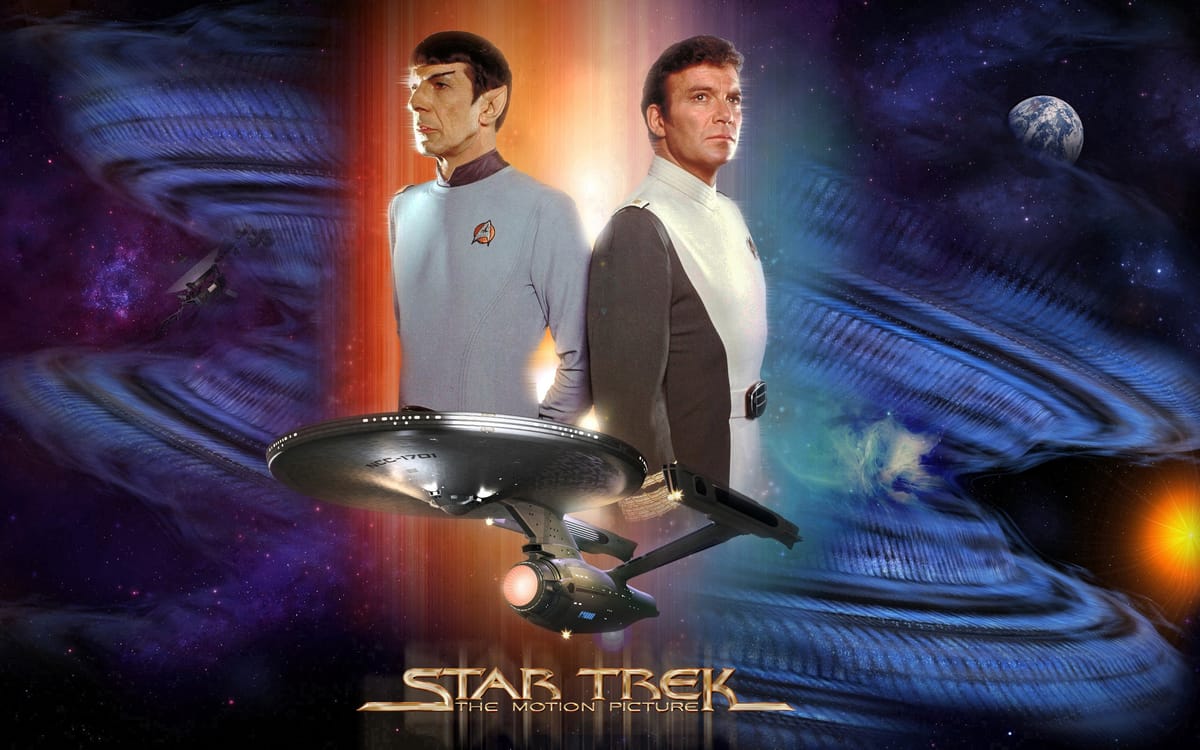A Look Back at Fifty Years of “Star Trek” and a Peek into the Future

Space. The Final Frontier. You know the rest. On Sept. 7, 2016, fans all across the world celebrated the 50th anniversary of “Star Trek”. Who would have guessed that a high concept science fiction television show with a focus on social commentary would have ever caught on? Infamous for its tumultuous production, the franchise that was saved by syndication has survived and even thrived, becoming ingrained in our popular culture and consciousness. However, today’s audience May find it difficult to grasp what makes “Star Trek” so important. For many, their only exposure to the franchise has been the three most recent films, action packed summer blockbusters. While the original show and its successors had their fair shares of action, that was by no means what made the concept endure.
Series creator Gene Roddenberry envisioned “Star Trek” as “A Wagon Train to the Stars”, chronicling the adventures of the crew of the U.S.S. “Enterprise” as they explore the far reaches of space. In essence, it was the space age manifestation of the pioneer spirit typically found in Westerns. The show enshrined adventure, discovery and knowledge in a way that still holds true today. While the Wagon Train concept itself is incredibly compelling, Rodenberry decided that the show couldn’t just be about pursuing fictional boundaries in space exploration, but real world social and political boundaries.
Under the watchful eyes of studio censors, “Star Trek” commented on war, prejudice, religion and more, often in ways that was simply unfathoMable in the Sixties. The show called for tolerance, cooperation and even diversity. Perhaps the most famous example of this is the character of Lieutenant Uhura, played by Nichelle Nichols. To have a black woman serving alongside white men and being treated as an equal was a milestone for both women and people of color on television. She even shared one of television’s first interracial kisses with William Shatner. In fact, Nichols was attending a NAACP fundraiser when she was greeted by a big fan of the show, Dr. Martin Luther King Jr. Nichols confided to Dr. King that she was considering leaving the show and he said “You can’t. You’re part of history.” To the benefit of us all, she stayed on.
This upcoming January, “Star Trek” will return to television with “Star Trek Discovery.” CBS has been frustratingly tight lipped about the show, even though it would have been wise to capitalize on the anniversary celebrations. All that we know for sure is that the show is set 10 years before the original series and that it exists in the original timeline. Fans were also treated to a brief glimpse of the U.S.S. Discovery itself. There have also been reassurances that “Discovery” will closely adhere to Roddenberry’s original vision. A moment at the Mission New York convention hinted just exactly how it will accomplish that. During a panel on the new show, a fan pointed out to writer-producers Nicholas Meyer and Kirsten Beyer that “Star Trek” featured characters of American descent working alongside the Russian character of Chekov. When considering that the show aired during the Cold War between the United States and the Soviet Union, it was a strong message that humanity would one day overcome its divisions and work together as one. The fan then asked Meyer and Beyer if “Discovery” would feature a Muslim crewmember. After a brief silence, Beyer said that “the spirit of inclusion doesn’t just refer to sexual orientation” (Showrunner Bryan Fuller had previously confirmed that there would be a gay crewmember).
Even though this was not a direct confirmation, it certainly seems as though a Muslim Starfleet officer could possibly be coming our way. In any case, the parallels are striking. Once upon a time, there was a raging paranoia in our country that led people to see Communist spies around every corner. In an age where Muslims are all too often being classified as an enemy due to the actions of a few, we should always remember that, at the end of the day, they are human beings just like the rest of us.
Even if there isn’t a Muslim crewmember onboard, the beauty and power of a united species and a united galaxy, is what “Star Trek” is all about. In its most distilled form, it is about the wonders that could one day be achieved. While there will surely be obstacles down the road, it would be far too depressing a world if we all just gave up on trying to make it a better place. Now more than ever we could use a show that is willing to not just take a good luck at society and criticize it, but to offer a light at the end of the tunnel. There should be an end goal to all of our efforts, a reason that we continue to fight for what is good and just. Why not a future where men and women of all races and creeds join together to see what’s out there?




Comments ()